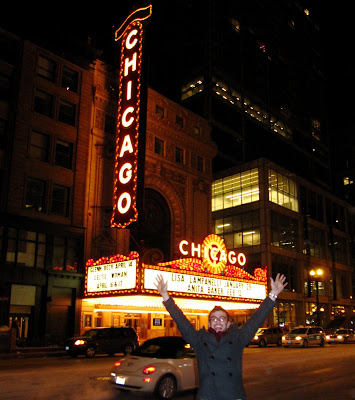
 Usually when the weather comes up as a topic of conversation, it’s a signal of banality. But let’s talk about the weather. Being that most people who aren’t from California think that it’s just a gigantic beach, I often get asked how I’m faring in the coldness and snow. Now that we are in the deepest part of winter, I feel like I can make a valid judgment of what it’s like to live through an average German winter (the picture right here is a view from my bedroom window just before Christmas).
Usually when the weather comes up as a topic of conversation, it’s a signal of banality. But let’s talk about the weather. Being that most people who aren’t from California think that it’s just a gigantic beach, I often get asked how I’m faring in the coldness and snow. Now that we are in the deepest part of winter, I feel like I can make a valid judgment of what it’s like to live through an average German winter (the picture right here is a view from my bedroom window just before Christmas).When you step outside and it’s 11 degrees Fahrenheit, you immediately begin to question your motives for leaving the house. When you go to watch biathlon, a sport that your don’t quite understand in the first place, and it’s below freezing but somehow raining, you aren’t sure if you should be upset, or marvel at the physical anomaly that is Sub-Zero Rain. Living in a place with a “real” winter is quite a change, but all in all it’s manageable. There are definitely those moments in which you wonder if it’s physiologically possible for your fingers to fall off, or when the sole of your shoe decides that it’s sick of being stepped on and drops off right before you step in a half frozen puddle and naturally you get frustrated. However, sooner or later when you thaw out in whichever protective shelter you’ve found refuge in, the mind has a way of helping you forget just how miserable it is outside. And if your refuge has windows, you might even be able to admire how beautiful a light snow can be, or how the wind can make snowflakes dance on the road, or how the kids down the street made a hermaphroditic snow(wo)man with unbelievable anatomical detail.
In my very limited experience with winter I've found that there's really only one maxim which holds true: There's no such thing as bad weather, just bad clothing. If you do yourself up right, then the brutality of the weather is all but neutralized. There have been a couple pieces of clothing that have been crucial for me, which heretofore were totally foreign objects. After spending the month of November with hands frozen to my crutches, I invested in a pair of wool lined gloves. They changed my life. A nice wool jacket will also get you far, not to mention make you look stylish and metropolitan, even if you're wearing a t-shirt underneath (which I do all the time). Fur lined shoes were also a good investment because toasty toes are almost as important as toasty fingers. But far and away the best discovery I've made living in a German winter is the scarf. We'll leave out the benefits of adding color to your outfit that compliments your eyes or skin tone and just talk about the importance of plugging your neck hole. Yeah, I said your neck hole. When you wear a jacket, most of the time it doesn't fit snugly around the neck region, leaving a small, inconspicuous area for sneaky, ice-cold air to sneak in and seize grasp around your chest. This leak is called the neck hole, and there is nothing better to plug it up that a nice puffy scarf. I was skeptical at first, but I tried it and it revolutionized the whole experience of being outside. Plus I can choose scarves that match my hat.
So, all in all, winter is survivable to say the least. I think I also have the benefit of being a hot blooded person which allows me to walk down the street to the bakery in the morning in a t-shirt, sweats and Birkenstocks, but that is neither here nor there. What's important is that I don't live in between Chicago and Boston where no amount of good clothing will save you from Blizzardmaggedon 2011.







